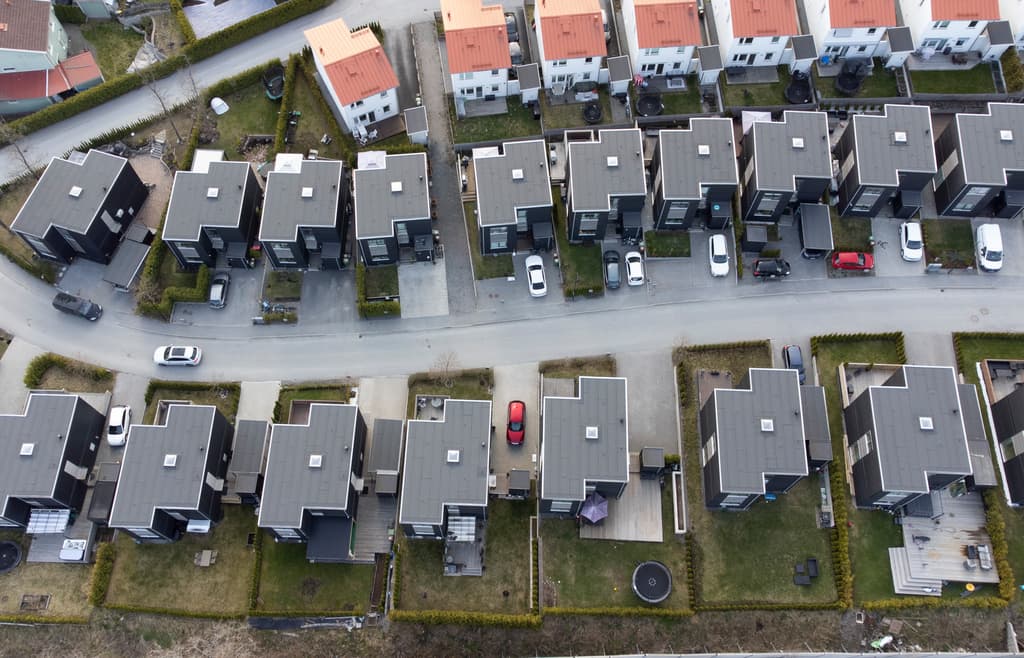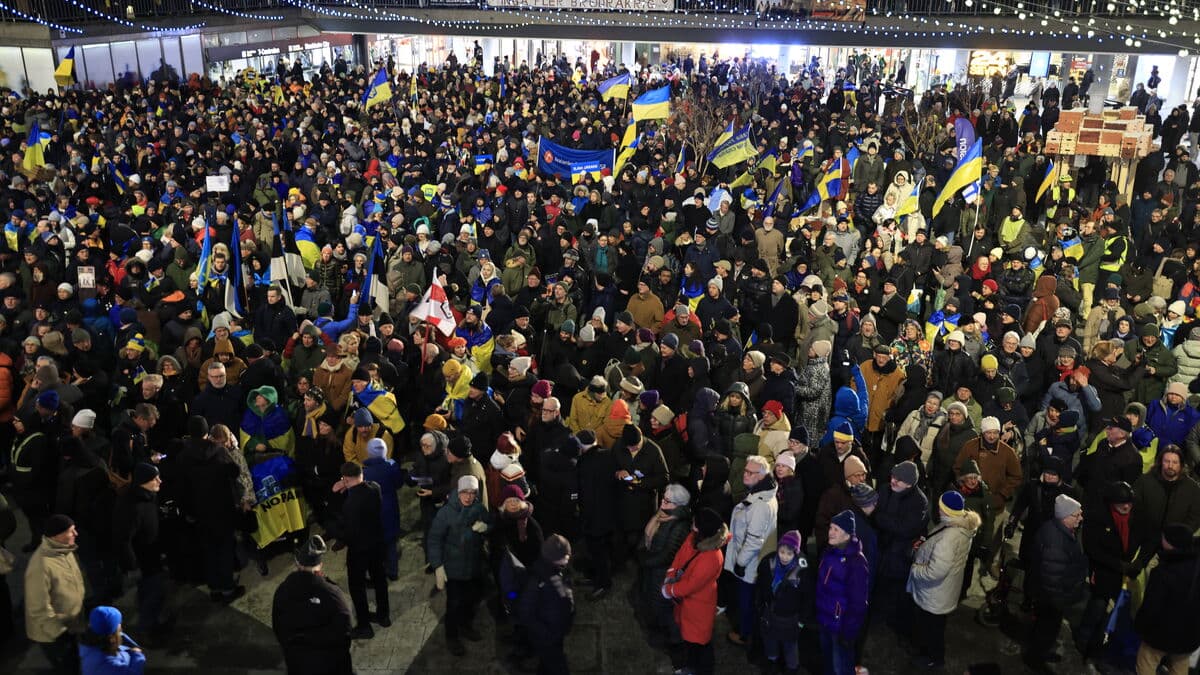Robert Boije, chief economist at the state-owned mortgage institution SBAB, is not worried that the current uncertainty on the world's stock exchanges will affect the Swedish housing market.
When we look historically at what affects housing prices, it is primarily two other variables that stand out: mortgage rates and household incomes, says Robert Boije.
Households' savings in stocks have significantly less importance.
If the stock market downturn develops into a more general concern and global recession, the situation will be different.
But then the central banks will respond with lower interest rates, and we know that usually benefits the housing market, says Robert Boije.
The housing market has a way to go to reach a "normal state", both in Sweden as a whole and in all three major metropolitan areas. This is shown by the indicator Bomarknadstempen, which is compiled by SBAB and the real estate website Booli.
The sales situation in July was unchanged compared to June. Now we are in August, when housing prices generally tend to rise after a slight summer lull.
People may change jobs, or start studying. Then there is often a bit more activity on the housing market, says Robert Boije.
The supply of homes on the Swedish market is currently "historically high", according to SBAB.
For apartments, fewer bidders and longer advertising times were noted in July. SBAB also flags that many housing associations may need to continue to raise monthly fees, as a result of the higher interest rate environment than a few years ago.






